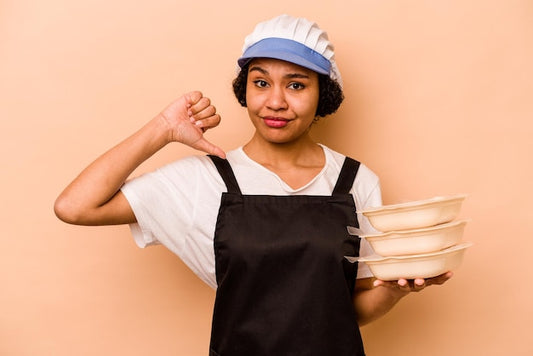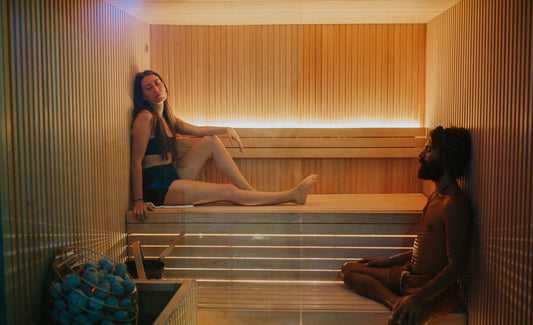Attending a ballet performance can be a magical experience, filled with elegance, artistry, and emotion. One key aspect of enjoying a ballet to its fullest is dressing appropriately for the occasion. In this article, we’ll explore what to wear to a ballet, considering various factors like venue, time of day, and the overall ambiance of the event.
Understanding the Venue
Before choosing your outfit, it's essential to consider the venue where the ballet will take place. Different venues can have varying levels of formality.
Traditional Theatres
In traditional theatres, such as the opera house or grand performing arts centers, the atmosphere is typically more formal. Attendees often dress up to match the elegance of the performance.
Contemporary Venues
Conversely, more modern or smaller venues may have a relaxed atmosphere. Here, smart casual attire might be more acceptable, allowing for more personal expression in your outfit choices.
The Time of Day Matters
The time of the performance can also influence your wardrobe decisions.
Matinee Performances
Matinee performances, often held in the afternoon, tend to be slightly more casual. Light, comfortable attire can be appropriate while still maintaining a polished look.
Evening Performances
Evening performances call for more formal attire. The ambiance is typically more sophisticated, and dressing up can enhance the overall experience.
Choosing the Right Outfit
Now that we understand the venue and time considerations, let’s delve into specific outfit choices for both men and women.
For Women
Dresses
A classic choice for women attending a ballet is a dress. Opt for something that flows well, such as a midi or maxi dress, which can echo the grace of the dancers on stage. Consider fabrics like chiffon or silk that move beautifully.
Skirts and Blouses
For a more versatile option, pairing a stylish skirt with a chic blouse can create a sophisticated look. A fitted blouse with a high-waisted skirt can be both flattering and comfortable.
Jumpsuits
Jumpsuits are an excellent alternative to dresses and skirts, offering a contemporary edge while remaining elegant. Choose one in a solid color or with a subtle pattern to maintain a classy appearance.
For Men
Suits
A well-tailored suit is the go-to option for men attending a ballet. Opt for darker colors like navy, charcoal, or black for evening performances. A crisp dress shirt underneath adds to the polished look.
Dress Pants and Blazers
For a slightly less formal yet still sophisticated look, pair dress pants with a blazer. This ensemble allows for flexibility in style while ensuring a refined appearance.
Smart Casual Attire
If the venue or performance is less formal, smart casual attire can be appropriate. This could include tailored chinos paired with a dress shirt or a neat polo shirt. Avoid overly casual items like t-shirts or ripped jeans.
Accessorizing Your Outfit
Accessories can elevate your outfit, adding a touch of personal style without overwhelming the overall look.
For Women
Jewelry
Subtle jewelry can enhance your look. Consider delicate earrings, a statement necklace, or a classy bracelet. Avoid overly flashy pieces that might distract from your outfit or the performance.
Handbags
A small clutch or elegant handbag is a perfect accessory. It should be practical enough to carry essentials while complementing your outfit.
Scarves and Wraps
Depending on the season, a stylish scarf or wrap can add warmth and elegance. Opt for lightweight materials that won’t overshadow your outfit.
For Men
Ties and Bowties
A tie or bowtie can add a touch of sophistication to your look. Choose one that complements your suit or shirt while reflecting your personality.
Watches
A classic watch can serve as both a functional accessory and a stylish statement. Choose a design that is elegant but not overly ornate.
Pocket Squares
For an added touch of flair, consider incorporating a pocket square into your blazer. It’s a small detail that can make a big impact.
Footwear Choices
Your choice of footwear is crucial, especially since you may be on your feet for an extended period during intermissions.
For Women
Heels
Heeled shoes are a popular choice for ballet performances. Choose a moderate height for comfort, especially if you’re not used to wearing heels. Block heels or wedges can provide stability.
Flats
If heels aren’t your style, opt for elegant flats. Look for options that are dressy but comfortable, allowing you to enjoy the performance without discomfort.
For Men
Dress Shoes
A pair of polished dress shoes is essential. Oxfords or loafers in black or brown can add a touch of sophistication to your ensemble.
Smart Casual Shoes
For a smart casual look, stylish loafers or brogues can work well. Ensure they are clean and in good condition to maintain a polished appearance.
Seasonal Considerations
Seasonality plays a role in what you might wear to a ballet, especially concerning fabrics and layering.
Spring and Summer
In warmer months, opt for lighter fabrics and breathable materials. Dresses with floral patterns or light-colored suits can reflect the season's vibrancy.
Fall and Winter
During cooler months, layering becomes important. Consider adding a stylish coat or jacket to your outfit. Fabrics like wool or heavier knits can provide warmth without compromising style.
Consider the Theme
Sometimes, ballets have specific themes or concepts that might influence your attire.
Themed Performances
If the ballet has a particular theme, consider incorporating elements of that theme into your outfit. This could be as subtle as wearing colors that reflect the performance or choosing accessories that align with the theme.
Special Events
Certain performances may coincide with special events, like premieres or galas. These occasions often call for more extravagant attire, so be sure to check the event details in advance.
Final Tips for Dressing for a Ballet
Comfort is Key
While it’s important to look polished, remember that comfort should not be overlooked. You want to enjoy the performance, not be distracted by an uncomfortable outfit.
Check the Dress Code
If you’re uncertain about what to wear, check if the venue has a specific dress code. Many theatres provide guidelines, helping you choose the perfect outfit.
Plan Ahead
Finally, give yourself ample time to plan your outfit. Lay everything out the night before, ensuring you have all necessary accessories and that your clothing is clean and pressed.
Conclusion
Dressing for a ballet is an opportunity to embrace elegance and showcase your personal style. Whether you opt for a stunning dress, a tailored suit, or smart casual attire, the key is to strike a balance between comfort and sophistication. By considering the venue, time of day, and specific details of the performance, you can create an outfit that enhances your experience and allows you to fully appreciate the artistry of the ballet. So, prepare to be swept away in the enchanting world of dance, knowing you look and feel your best.


